Augusto Martelli
composer, arranger, orchestra conductor

Augusto Martelli (Genoa, 1940 – Milan, 2014), also known by the pseudonym Bob Mitchell, was a prominent figure in the Italian music scene, renowned as a composer, arranger, orchestra conductor, record producer, and television host. Born in Genoa into a family of artists and musicians, Augusto Martelli inherited his musical talent from his father, Giordano Bruno Martelli, a renowned jazz saxophonist and artistic director of the Zecchino d’Oro (Augusto himself became one of the pillars of this famous singing competition, contributing significantly to its growth until the late 1990s).
After a formative experience in Berlin, where he performed with jazz legends such as Gerry Mulligan, Chet Baker, and Buddy Colette, Martelli returned to Italy and embarked on his musical career. In the early to mid-1960s, he immersed himself in composition and arrangement, creating a series of jazz and easy listening tracks for the Genoese record label Gevox, which were released on 7-inch singles.
He subsequently joined the Milan-based label Ri-Fi, where he forged a close collaboration with the singing sensation Mina from 1964 to 1971, composing songs like “So che non è così,” “È l’uomo per me,” “Ero io, eri tu, era ieri,” and “Una mezza dozzina di rose.” He also arranged and conducted some of her most famous hits, including the singles “Un anno d’amore” and “E se domani,” as well as the album Dedicato a mio padre. Their professional relationship blossomed into a romantic one, which attracted significant media attention but never culminated in marriage.
In 1966, he contributed to the worldwide popularity of Maurice Jarre’s “Lara’s Theme” from the soundtrack of Doctor Zhivago with his own original and captivating arrangement, released as a 45 rpm single under the pseudonym Bob Mitchell. This reinterpretation, along with his versions of other iconic film themes, such as The Godfather (1972) in a soul-funk style, is testament to his exceptional talent as an arranger.
In 1973, he founded his own record label in Genoa, Aguamanda Records, which mainly served as a platform for Martelli to release his works, especially those for film, theatre or television – indeed, he began to specialize in soundtracks at the start of the decade. One of his most notable works for the big screen is the soundtrack to Piero Vivarelli’s Il dio serpente (1970), which he wrote following a brief stint with spaghetti westerns. The film was a huge box-office success, becoming a cultural touchstone in the discussion of sexual freedom in Italy, while the main musical theme, “Djamballà,” quickly climbed international charts thanks to its exotic rhythms and sensual arrangement. Martelli worked again with Vivarelli on Nella misura in cui (1979), a sort of autobiographical sequel to Il dio serpente and collaborated with directors like Ugo Liberatore (Noa Noa, 1974) and Gianfranco Piccioli (Puttana galera, 1976 – where Martelli was also given a role as an actor).
In the 1980s, he shifted his focus to television, composing music that still remains deeply ingrained in the cultural consciousness of the Italian generation of the 1970s and 1980s. Firstly, the opening themes for numerous Japanese animated series that were being broadcast on Italian privately owned TV stations (he would later launch the career of singer Cristina D’Avena). Secondly, the theme songs for Fininvest’s TV shows and series, including the iconic Il pranzo è servito, Casa Vianello, OK, il prezzo è giusto!, and “La ballata di Bo e Luke,” which, sung by Martelli himself, served as the theme song for the Italian dubbed version of the American series The Dukes of Hazzard. Finally, he provided the soundtrack for the beloved teen series I ragazzi della terza C.
Soundtracks aside, throughout his career Martelli released a total of 27 albums, 68 singles, and arranged and orchestrated music for many prominent Italian artists, such as Giorgio Gaber, Johnny Dorelli, Enzo Jannacci, and Ornella Vanoni, just to mention a few.
Related Artists
View all-
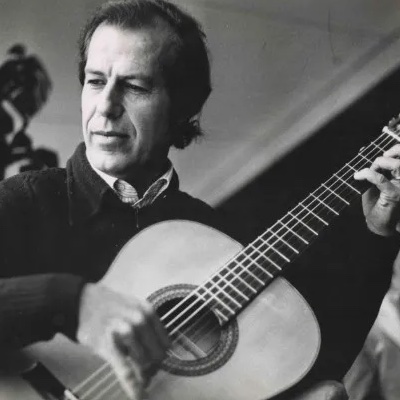
Alessandro Alessandroni
COMPOSER, ARRANGER, MULTI-INSTRUMENTALIST
-
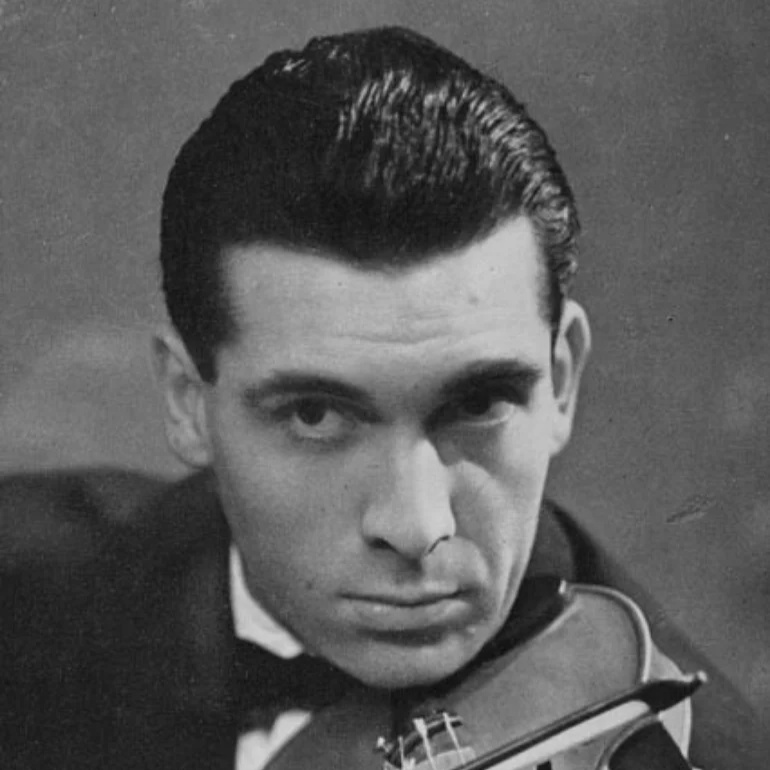
Armando Sciascia
Composer and producer
-
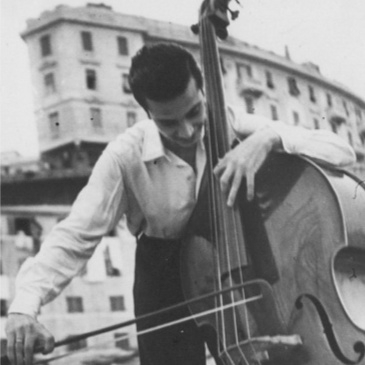
Berto Pisano
Composer and conductor
-
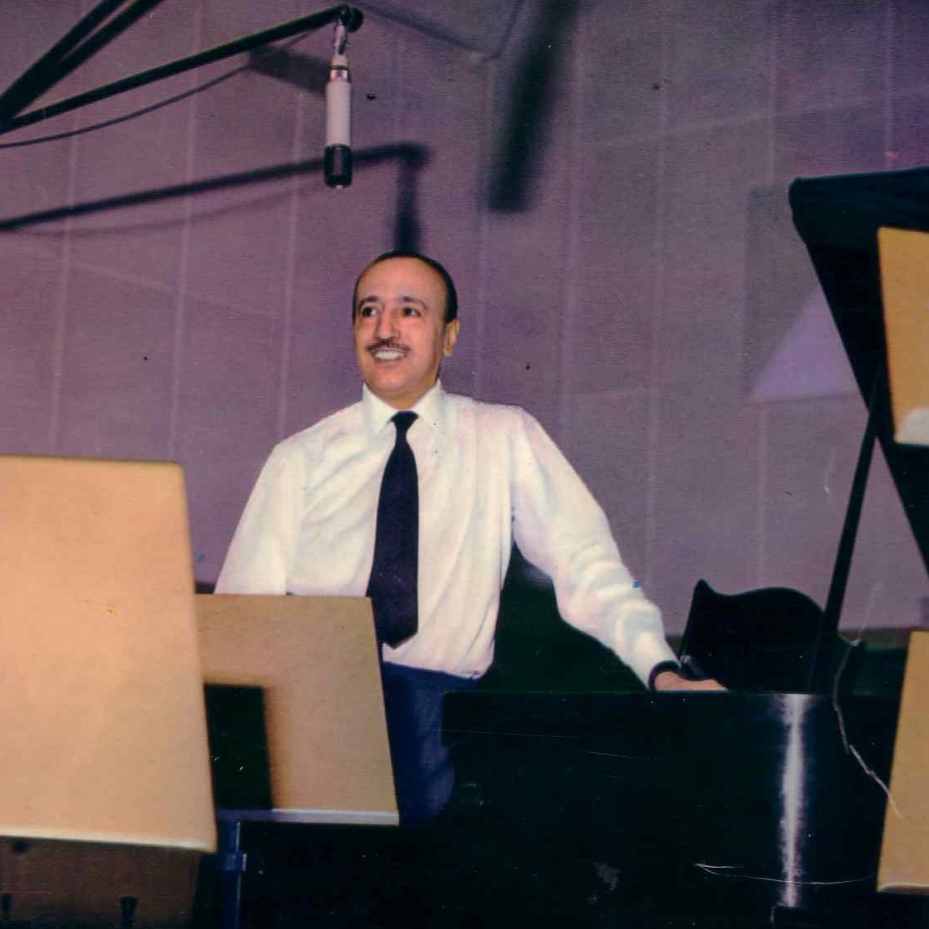
Carlo Alberto Rossi
composer and producer
-
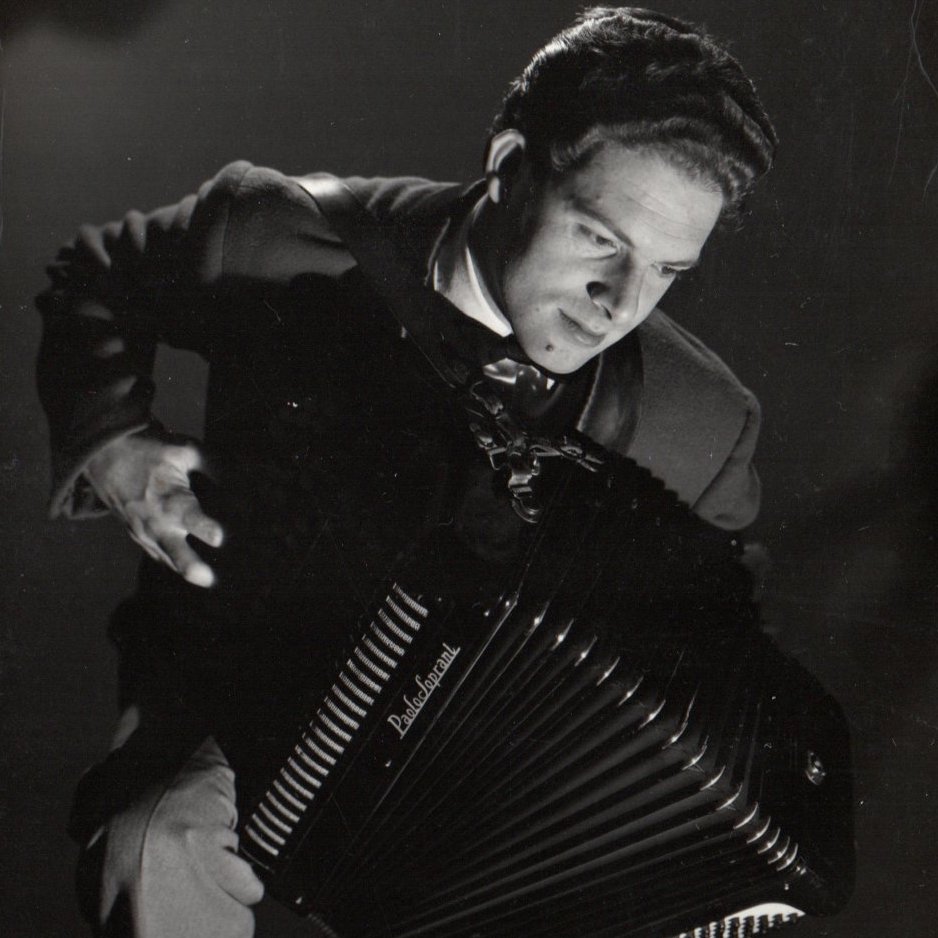
Enzo Minuti
COMPOSER and MULTI-INSTRUMENTALIST
-
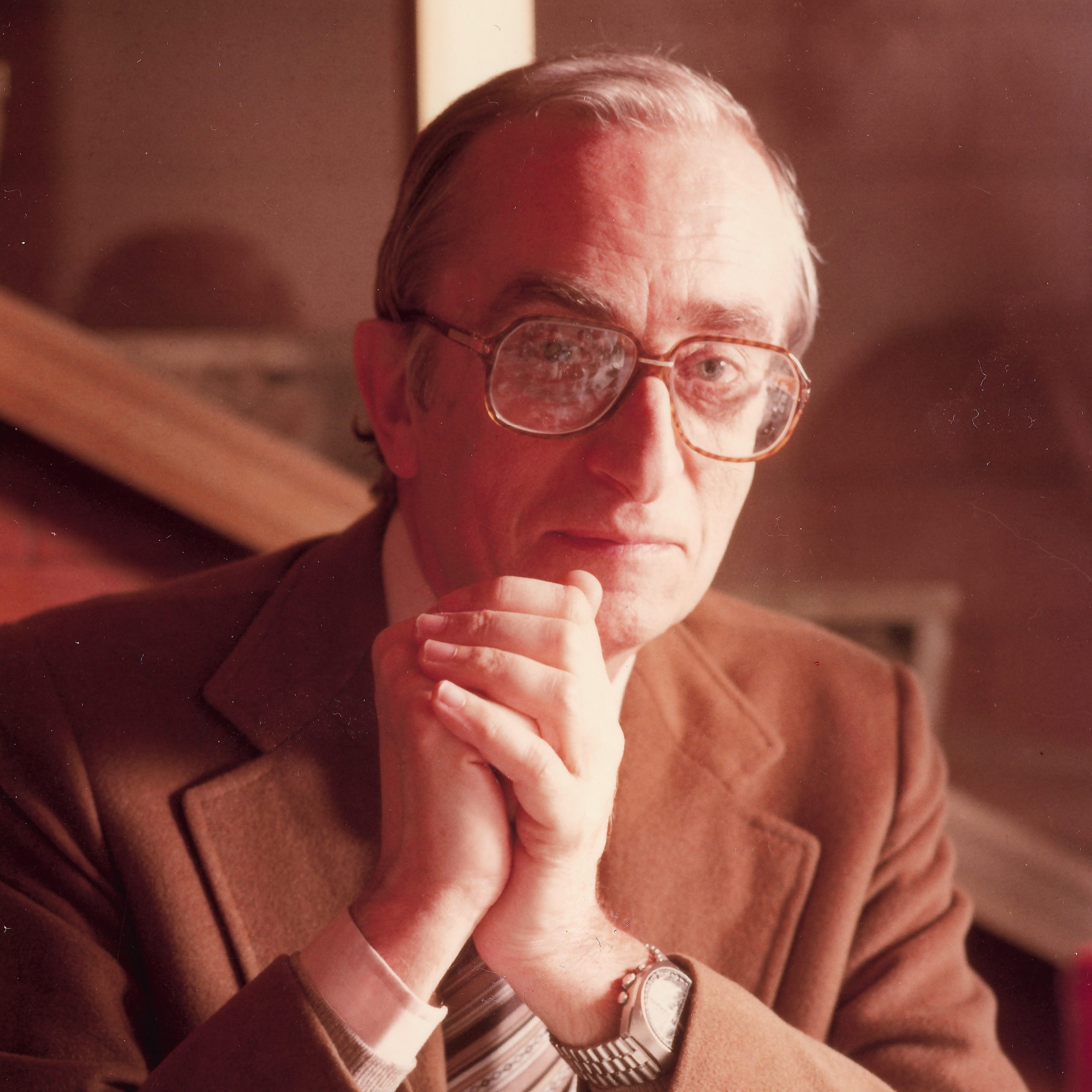
Fabio Fabor
Composer and producer
-
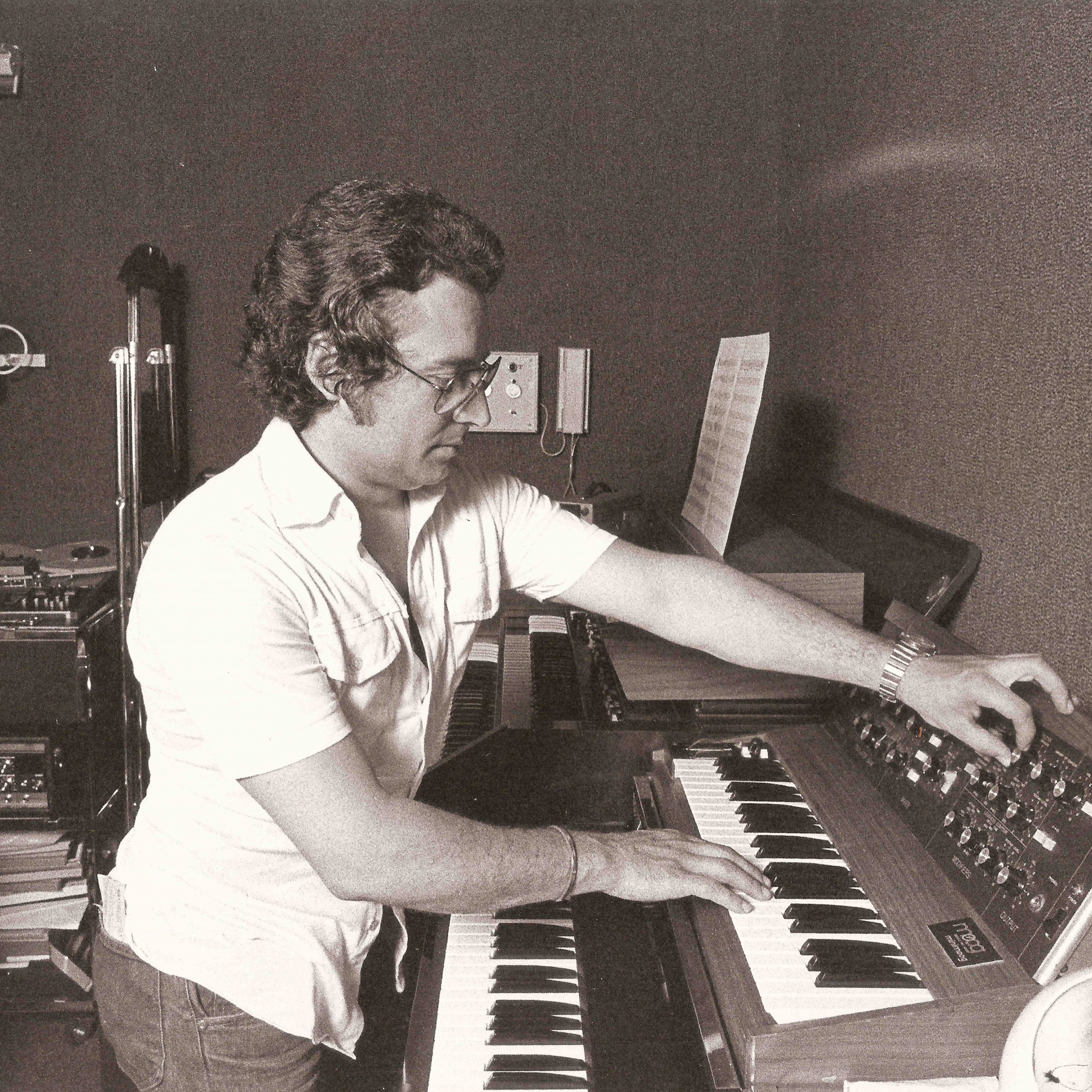
Giuliano Sorgini
COMPOSER and MULTI-INSTRUMENTALIST
-

Gianfranco Reverberi
Composer, arranger and producer
-
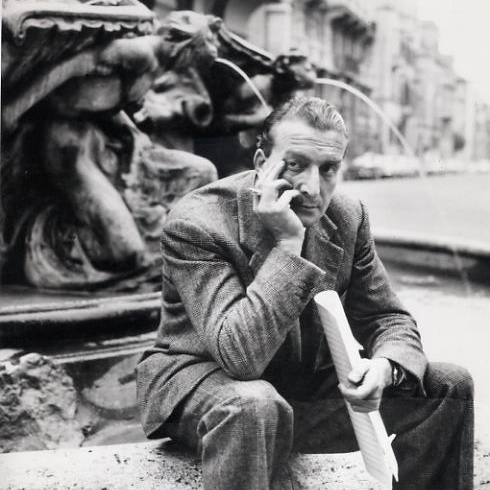
Roberto Nicolosi
Composer and conductor
-
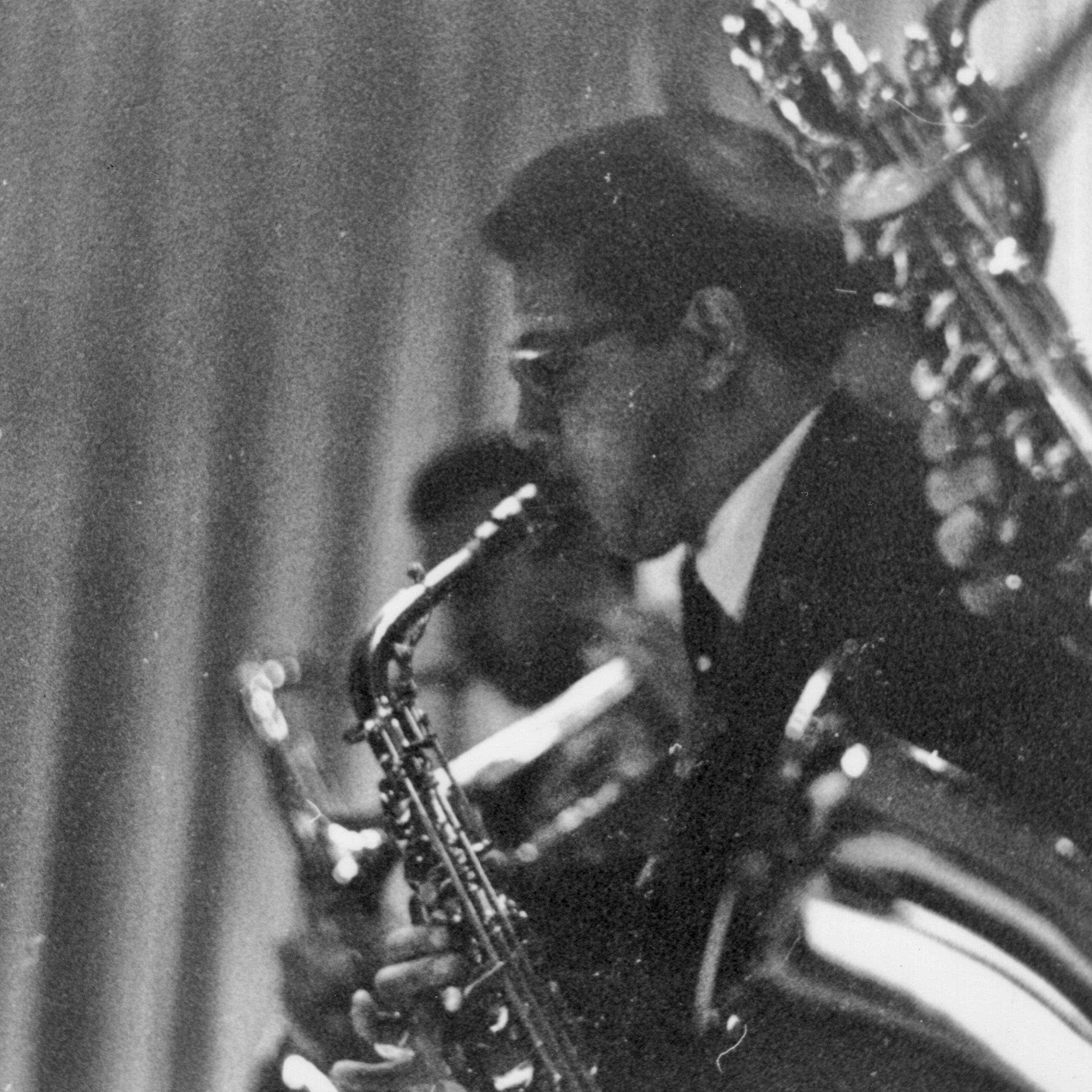
Sandro Brugnolini
Composer and journalist